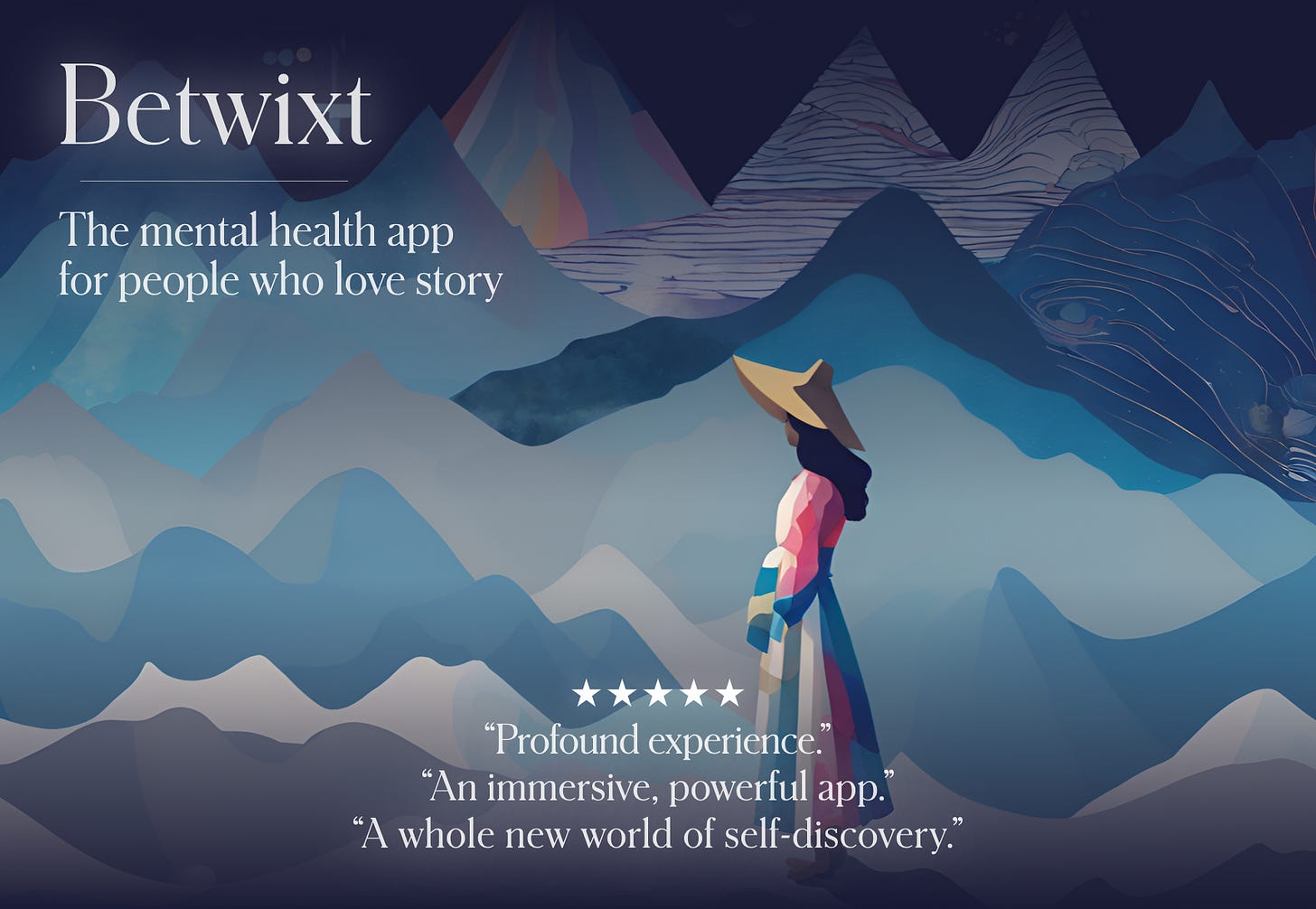A (slightly brutal) perspective shift for better boundary-setting
How to motivate yourself to have awkward but important conversations
Let me guess… You want to set healthy boundaries, but when it comes down to it, you find saying ‘no’ to people a bit too hard, and expressing your needs and emotions, a little too awkward.
Well, join the club.
Boundary-setting is pretty much universally challenging. But there’s one way to look at it that could make things easier.
What are boundaries?
First, a quick definition. Personal boundaries are the invisible lines that we draw around ourselves to protect our sense of self. Put simply, they are the limits to what feels okay for us.
Boundaries with the self
Some of our boundaries are just for us: How late do we work? How much do we spend? Which conversations are we prepared to engage in?
Boundaries with others
But, arguably, the trickiest boundaries are those that extend beyond our own thoughts, feelings and behaviours — those that determine how much we are willing to give of ourselves to others, and how much we are willing to let others take from us.
The risk is great
Failing to set boundaries turns us into doormats, and will almost certainly also lead to some level of overwhelm, stress, resentment and/or disconnection.
The thing is that most of us already know that, and yet we still don’t set our boundaries: we’re too afraid to appear vulnerable or “needy” (which is officially the stupidest insult in the English language, by the way. We all have needs. We are all needy); we’re too worried we’ll look selfish or mean; or we just don’t believe we have a right to ask for what we want.
Those things really need to change. And you know what will help you with that? Setting some boundaries.
Another perspective
So here’s a different angle that could help with your motivation and get you started. I’m going to be blunt because I really want you to hear this:
Your failure to set boundaries with other people is disrespectful and potentially harmful to them, as well as you.
“Boundaries are a prerequisite for compassion and empathy. We can’t connect with someone unless we’re clear about where we end and they begin. If there’s no autonomy between people, then there’s no compassion or empathy, just enmeshment.”
– Brené Brown, Atlas of the Heart
Without boundaries, there can be no love, no real connection, not even effective professional relationships. Because without boundaries, there is no autonomy, no individuality, no integrity to our sense of self, and no respect.
And to make it worse: in lieu of those things comes a whole load of drama.
Think of it this way:
By not pushing through the temporary discomfort of a frank conversation about what you need, you are creating a probable future in which people repeatedly and often unknowingly do things that hurt, worry or inconvenience you. Unless you’ve unlocked the superpower of complete and utter emotional imperviousness, you will start reacting at some point, either outwardly or inwardly.
Failure to set boundaries, in other words, is a sure-fire way to invite resentment, bitterness and disconnection to your relationships. And that impacts on everybody involved.
So what I’m saying is this
If you (currently) find it too hard to set boundaries to benefit yourself, then see if you can start by setting them to benefit those you love, and the relationships you value instead.
Thank you for reading!
We’re Hazel (ex boxer, therapist and author) and Ellie (ex psychology science writer). We left our jobs to build an interactive narrative app for self-awareness and emotion regulation (Betwixt), which you can try on Android here and on iOS here.




